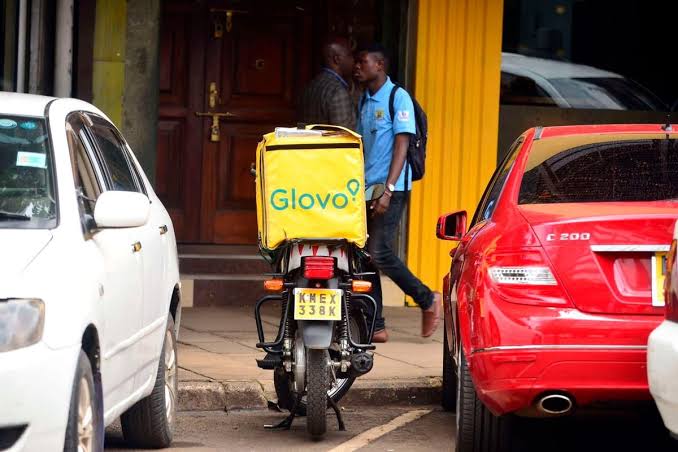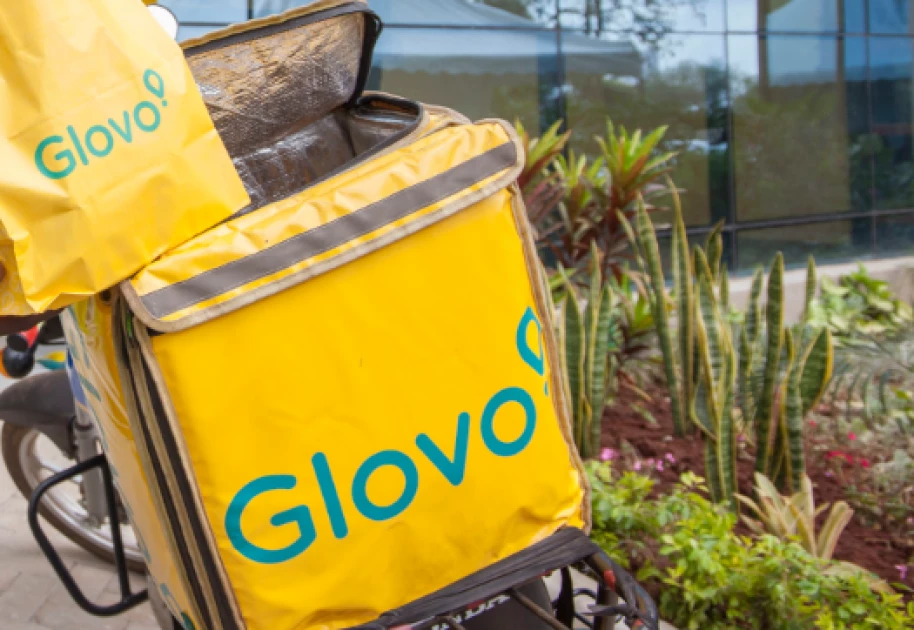The Moroccan Competition Council has notified GlovoApp Morocco of alleged anticompetitive behaviour in the rapidly growing digital food delivery market. Following a months-long investigation, the Council accuses Glovo of abusing its dominant position through predatory pricing and exploiting the economic dependence of its restaurant partners.
The probe began with Decision No. 20/D/2024 on February 19, 2024, and included a surprise inspection at Glovo’s Casablanca offices on October 22, 2024. The raid, authorised by the King’s Prosecutor, was conducted with support from the National Judicial Police Brigade.
Predatory pricing, partner exploitation allegations
The Competition Council’s Rapporteur General revealed that investigators uncovered strong indications of market manipulation by Glovo. The company is suspected of employing unfair pricing strategies—often referred to as “predatory pricing” — to weaken or eliminate competitors in the food delivery sector.
Glovo allegedly leveraged the economic dependence of restaurants and delivery personnel, with many eateries relying on digital orders for up to 80 percent of their revenue. The Council is concerned that Glovo’s market dominance forced partners into restrictive contracts, limiting their ability to negotiate or switch platforms.
Although the Council’s May 28 statement didn’t name Glovo directly, the company confirmed that it was being investigated and affirmed its full cooperation with the authorities. It emphasised its commitment to transparency, fair competition, and sustainable partnerships.
Kooul’s complaint, industry backlash, and what’s at stake for Glovo
The case reportedly began with a complaint from Kooul, a smaller Moroccan-based delivery app that has struggled to compete with Glovo’s aggressive tactics. Insiders describe Kooul as the “David” in a David-vs-Goliath scenario, raising questions about whether Glovo’s deep pockets and scale are squeezing out local startups.
The Council’s investigation aligns with Law No. 104-12, which prohibits abuse of dominance and exploitation of economic dependence, especially when tied to coercive pricing or contractual manipulation. If found guilty, Glovo could face fines, operational restrictions, or a loss of market credibility in Morocco.
This scrutiny comes at an awkward time for the Spanish delivery giant. Glovo was praised for launching its “Startup Lab” initiative in Morocco, a program designed to help local tech startups expand internationally. Backed by the Ministry of Digital Transition, the initiative seemed to signal strong public-private collaboration. However, the same government is now investigating whether Glovo is violating the rules it claims to support.
Adding to the tension, Glovo had to deny viral rumors of a banking data breach, reassuring users of its PCI DSS compliance and platform security. While the issue was swiftly addressed, it highlighted the growing sensitivity of consumers to digital platforms and trust.
Morocco sends a message to big tech and delivery giants
The Council has now entered the phase of contradictory procedure, where Glovo will be allowed to defend itself before a final ruling is made. A conviction could set a major precedent for tech regulation in North Africa, where rapid digitisation has often outpaced enforcement.
With over MAD 200 million ($20 million) invested in Morocco since its 2018 launch, Glovo’s local presence is significant. But this case could test whether international platforms can continue to scale without tighter oversight.
Morocco is signalling a tougher stance on digital market abuses, and platforms that dominate the ecosystem will be held accountable.
















